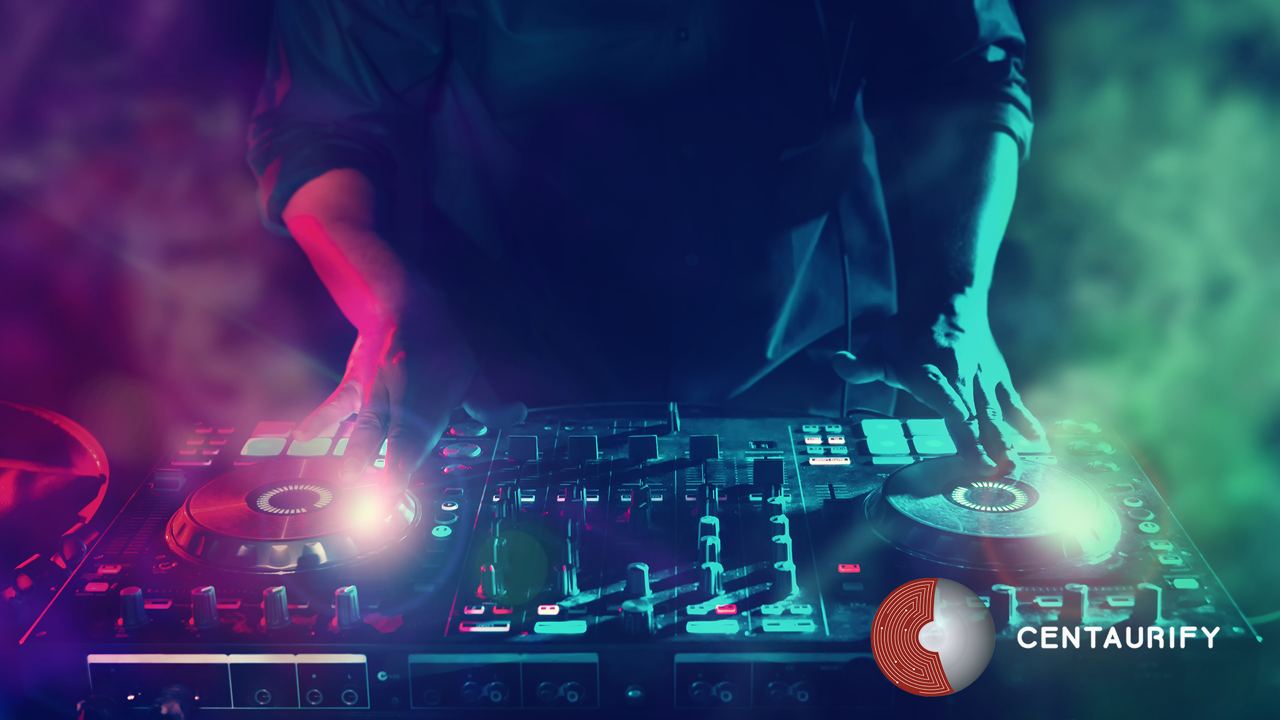NFTs will take center stage in 2022. They have established themselves as a major market segment in the crypto industry, with more than $20 billion in trading volume and mainstream participation from all corners of the world. NFTs have now become a market-expanding technology. So, it is no longer limited to art or any type of digital collectible. Its true ownership and non-fungible characteristics enabled multiple use-cases in the real world.
Among many innovative use-cases of NFTs, the one that stands out and can immediately make a global impact is ticketing in the music industry. For years, the music industry has been stagnant, with incremental improvements that made no significant impact on artists and the music landscape as a whole.
In addition, the music ticket market is fragmented. Only a few handful companies control the market by scalping and using bots to scoop up tickets at low prices and benefit from the arbitrage. This creates a multi-billion dollar secondary market where fans have to purchase at exorbitant prices and still face uncertainty whether they will be allowed to an event.
To escape from this centralized system and give back control to artists, it is essential to incorporate NFT ticketing at scale.
How Can NFTs be the Game-Changer
For starters, NFTs provide fans and artists with a special experience in the digital world. NFT tickets can’t be destroyed and due to their unique nature, they can easily be showcased and shared with others on the Internet. For example, the Dallas Mavericks, owned by Mark Cuban, decided to issue 20,000 NFTs for every home game. Fans were allowed to trade their NFTs, with sales ranging from $200 to $10,000.
So the same can be applied to the music industry. It can forever solve the transparency problems as it is all recorded on the blockchain. As a result, bad actors in the secondary market can no longer rip off fans with a fake ticket.
NFTs can fix this too. Artists can launch NFT music albums and other collectibles for fans to purchase off a marketplace. Artists would also receive royalties for every sale made, increasing the utility value for them. So NFTs not only solve the monetization problem of a $15 billion secondary market, but they also help artists leverage their global fan communities to make more revenue.
Centaurify: The NFT Bridge to Music Industry
Centaurify is the leading DeFi platform to provide NFT ticketing for large-scale real-life usage. Built using Ethereum, Solana, Polkadot, and Cardano networks, Centaurify can provide a greener alternative to mint and distribute thousands of NFTs at low costs.
The platform can also control the secondary market by setting a minimum and maximum resale value. So this puts an end to all scalpers and software bots for good. And artists and organizers will have the power to set rules (with programmable smart contracts) for the secondary market.
For Artists, Centaurify has a marketplace to create and sell music NFTs or use them as an upsell to the main concerts. Centaurify also offers staking features with their native token, $CENT. If fans have more staked tokens, they will have more exclusive rewards, like VIP access and live tours.
So with an intersection of DeFi and NFTs, Centaurify can incentivize artists and fans and ultimately bring back the concert scene worldwide.
The Future of Blockchain Ticketing
NFTs are here to stay. As time passes, every industry and brand will have an NFT strategy to tap into global audiences. In the Music industry, NFTs can give artists a new voice and help them connect with their fan communities. They can also solve the secondary market problems and enable fair distribution of tickets. To implement this, we need platforms like Centaurify for ticket minting and market functions. With more artists and organizers on board, we will witness a paradigm shift in the music ticketing industry.
